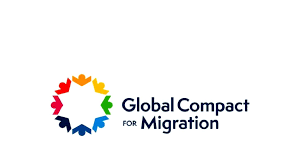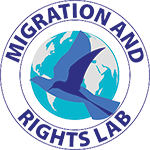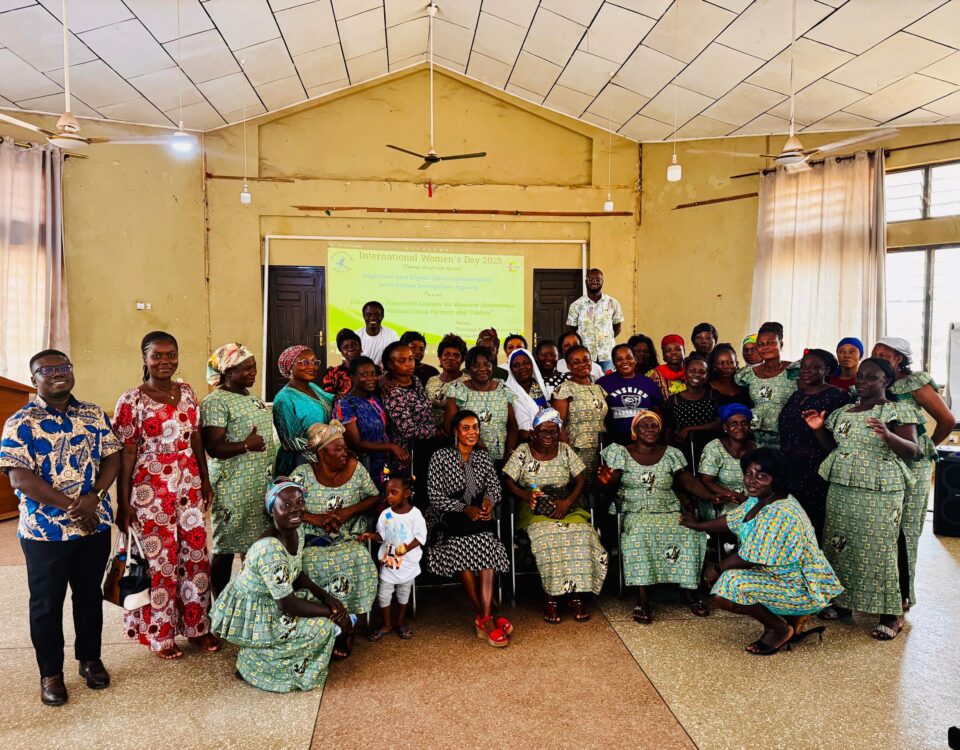
State of Existing Global Governance of International Migration
February 17, 2020
PROTECTING PEOPLE IN A PANDEMIC.
May 15, 2020COVID-19 is a new strain of viral disease, and scientists are working around the clock to gain a better understanding of it to enable prevention strategies and treatment options. According to the World Health Organization (WHO) Coronaviruses are a large family of viruses which may cause illness in animals or humans. In humans, several coronaviruses are known to cause respiratory infections ranging from the common cold to more severe diseases such as Middle East Respiratory Syndrome (MERS) and Severe Acute Respiratory Syndrome (SARS). The most recently discovered coronavirus causes coronavirus disease COVID-19.
According to WHO, most common symptoms of COVID-19 are fever, tiredness, and dry cough. Some patients may have aches and pains, nasal congestion, runny nose, sore throat or diarrhea. These symptoms are usually mild and begin gradually. Some people become infected but don’t develop any symptoms and don’t feel unwell. Most people (about 80%) recover from the disease without needing special treatment. Around 1 out of every 6 people who get COVID-19 becomes seriously ill and develops difficulty breathing. Older people and those with underlying medical problems like high blood pressure, heart problems or diabetes, are more likely to develop serious illness.
Since its outbreak in Wuhan, China, in December 2019, governments and scientist are scrambling to understand the nature of the disease to effectively halt its spread and to treat infected persons. While governments provide official sources of information (this is the most recommended medium for updates) messages, sometimes unverifiable expert’s opinions flood social media. This often leads to further misunderstanding of the disease and how to better protect ourselves.
In a bid to curtail the spread of the virus, governments the world over have instituted a raft of measures including restrictive movements within countries, closure of national borders, compulsory virus testing, social distancing and quarantine measures among others. These strategies have almost become universal with varied degree of implementation. The government of Ghana has initiated a raft of measures aimed at tackling the pandemic. Notable among them is
- Disinfection of markets
- $100 million dollars made available to enhance Ghana’s response and preparedness
- Dedicated testing centers
- Awareness raising on disease prevention including the mode of transmission and enhanced hygiene.
- Ban on public gathering including workshops, funerals (not more than 25), church and mosque services, political rallies, closure of all levels of schools
- Closure of Ghana’s borders
- Passage of laws to back government response during emergency
- Airport screening for all arrivals
- For full broadcast by the president on measures taken by government of Ghana to combat the pandemic, see the following links
In Ghana, as in many other countries, the situation is fluid, and some of these interventions may be updated with new presidential directives depending on the progress of the virus in the country. Undoubtedly, government response to COVID-19 has been met with divergent views among various stakeholders. Some talking points have evolved around the logic of banning some gathering while others are allowed to function, the timeliness of interventions and the adequacy of others. Despite these views, people are largely complying with the directives and enforcement is strict. A pastor is known to have been prosecuted for violating a ban on gathering. A high court placed injunction on Ghana Card registration in the Eastern Region.
Although some governments have assured of enough food supplies and some studies corroborate same, this has not allied the fears of citizenry. According to Andrew Stephen, a marketing professor at the University of Oxford “People are really not equipped psychologically to process this type of thing.” Across the globe, there are Examples of long ques at shopping malls, shortage of goods, health care and other emergency services workers unable to find groceries at the shopping malls due to their schedules and abuse of shop attendants are abounding. Notable examples include Nashville, Tennessee, New York, and across Europe. While some people may be in immediate need of their purchases others may get hysterical and buy for the sake of it. According to Andy Yap, a professor of organizational behavior at the Singapore campus of INSEAD business school “Even people who were queuing up in the supermarket line to buy toilet paper, they have no idea why they are buying toilet paper,”
It is imperative that during these circumstances, people are comfortable and assured that they can have access to food and other amenities for themselves and their families. This article calls for a large-scale campaign to prevent panic buying and food shortages. Government as part of its interventions should initiate a nationwide campaign to stop food shortages and panic buying.
This can be achieved by adopting multiple targeted approaches focus on formal established shopping malls and the open market. At the minimum, Prevention of panic buying campaigns to augment existing awareness raising strategies via mainstream and social media will further amplify the call for individual responsibility
Also, Government should engage major retail outlets, market queens, trade unions and producers to set clear guidelines on stoke levels, opening hours, and rationing of essential goods.
Furthermore, retail outlets have a responsibility to ensure adequate supply of essential goods to their customers and especially during periods of crisis. These outlets may initiate internal policies to ensure optimum stuck and where necessary engage with customers to limited quantity of essential items per customer.
Ultimately, individuals owe a personal responsibility to comply with government directives and those from the retail market operators to stop panic buying and hoarding essential goods to avoid artificial shortages.
Unless government and other stakeholders find a way to restore confidence in the continued supply of essential goods, hoarding and panic buying may spiral leading to shortage of goods, and high prices.


